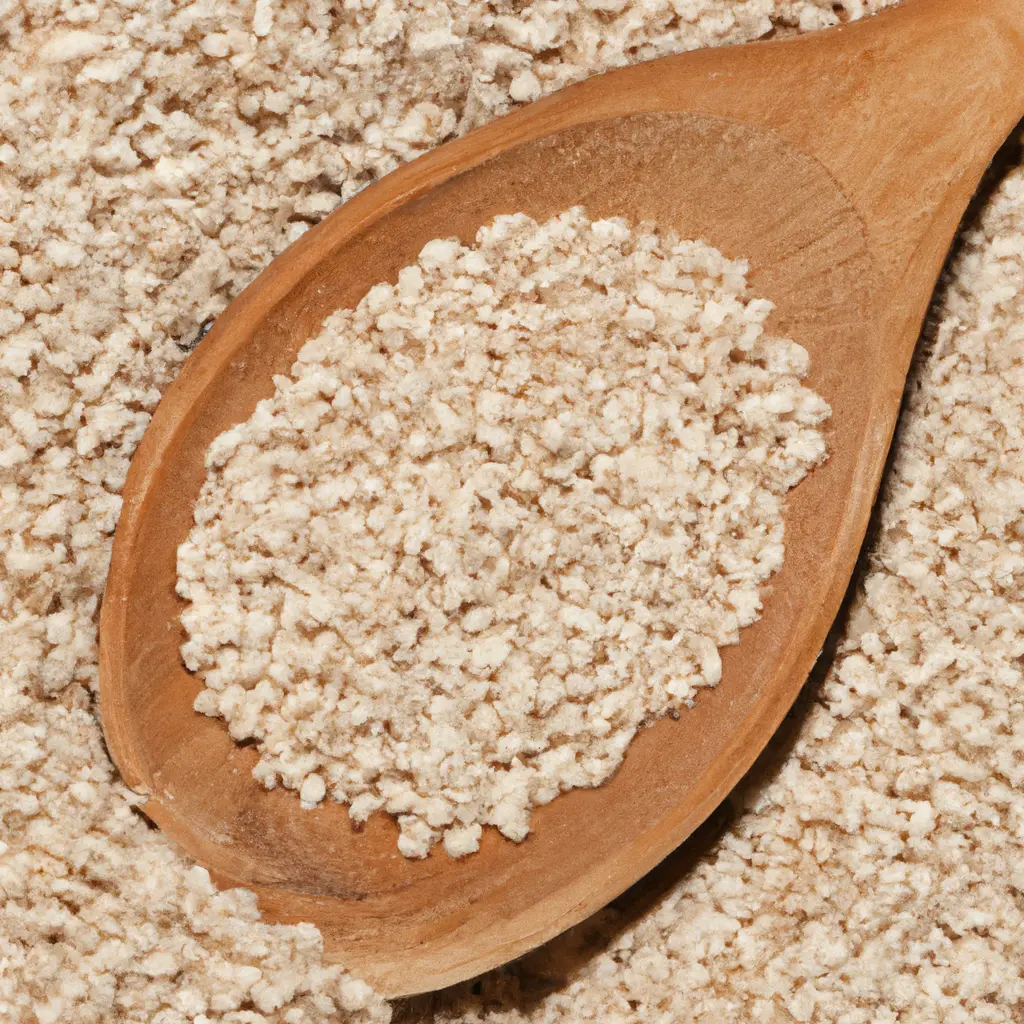Black sesame seeds - reduce cholesterol.

Sesame seeds (Sesamum indicum), also known in some regions as ajika, are one of the simplest and most enjoyable products to add to our diet. They originate from Asia, but today they have become a part of European and many other world cuisines.
More than half of the weight of this seed is made up of oil, while the rest consists of protein (18%) and fiber (8%). Approximately 50-60% of sesame seed content is fat, primarily monounsaturated fatty acids like oleic acid, which is found in olive oil, as well as polyunsaturated fatty acids such as linoleic (omega-6) and alpha-linolenic (omega-3) acids. These polyunsaturated fats can help lower harmful cholesterol levels in the blood, which may reduce the risk of cardiovascular diseases and strokes.
In addition, sesame seeds are rich in fiber, making their consumption beneficial for regulating bowel function. They are also a source of various minerals such as magnesium, iron, zinc, potassium, and phosphorus. A 25 g serving of sesame covers 26% and 28% of the recommended daily intake of magnesium for men and women aged 20-39 who engage in moderate physical activity.
This ingredient is also an essential aid for people who do not consume calcium, or those with hormonal processes or pathologies that reduce bone mass. These seeds contain a significant amount of calcium, which is necessary for maintaining healthy bones.
Finally, the vitamin content of seeds is lower than that of other nuts, with thiamine (vitamin B1) being the most significant source, followed by vitamin B6, folates, niacin, and vitamin E. Other components in these seeds, such as sesamin and sesamol, have antioxidant properties.
Sesame seeds can be added to the diet in various ways. Of course, their benefits are not equally manifested in all recipes: when we consume sesame seeds in hamburgers, for example, we don't eat a large amount. The situation changes when we consume them in the form of sesame seed paste, where we already consume more. Here are a few recipe examples where sesame seeds can be used:
- They can be added to yogurts, breakfast cereals, and even salads.
- Use them as an alternative to breadcrumbs for frying.
- Add to sauces and salad dressings.
- Prepare tahini, a paste made from seeds, to use as a sauce or to add to homemade hummus.
- Include them in homemade granola.
According to experts, the recommended daily amount of seeds is 10-20 grams, which is about 2-3 teaspoons. The nutritional value of 100 grams of sesame seeds, according to the Spanish Federation of Nutrition, is as follows:
- Calories: 614 kcal
- Carbohydrates: 0.9 g
- Proteins: 19.2 g
- Saturated fatty acids: 8.3 g
- Monounsaturated fatty acids: 21.7 g
- Polyunsaturated fatty acids: 25.5 g
- Fiber: 7.9 g
- Calcium: 670 mg
- Iron: 10.4 mg
- Magnesium: 370 mg
- Phosphorus: 720 mg
- Potassium: 570 mg
- Sodium: 20 mg
Tags
Comment
Popular Posts

Subscribe to the newsletter from Hatamatata.com!
Subscribe to the newsletter from Hatamatata.com!
I agree to the processing of personal data and confidentiality rules of Hatamatata